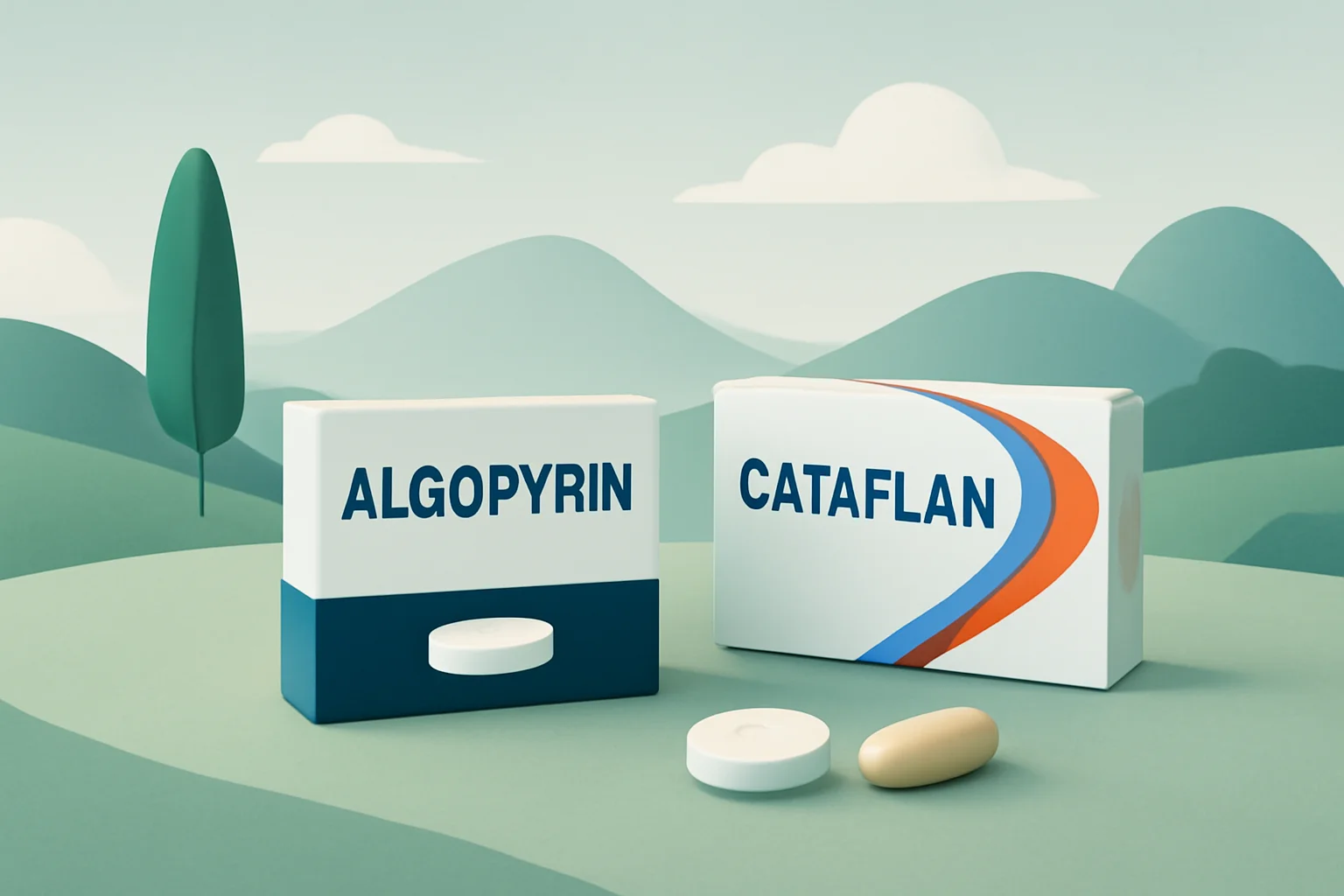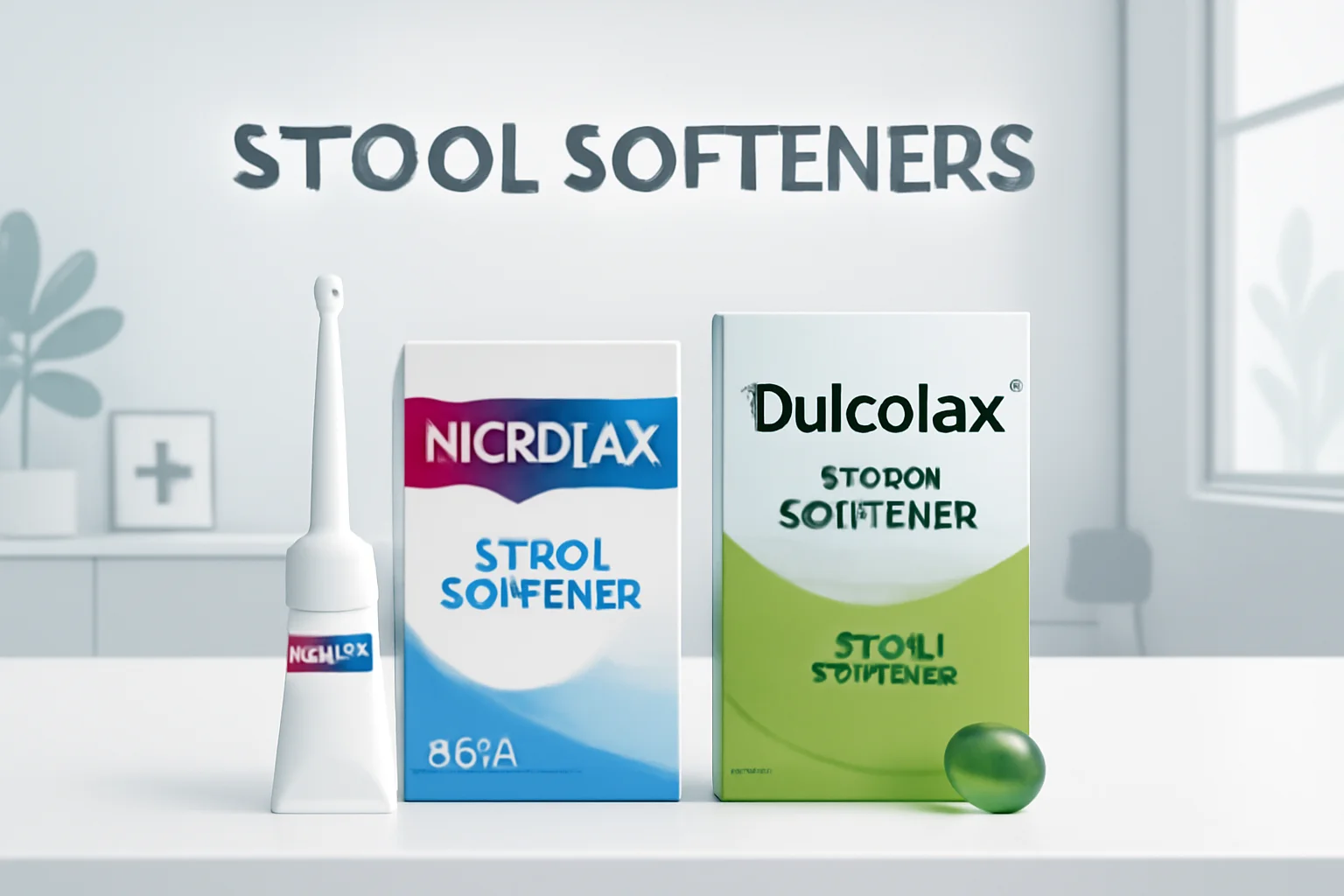
The Beneficial Effects of Pumpkin on Our Health and Nutrition
The pumpkin is a vegetable that has been part of human nutrition for centuries. Not only is it a key ingredient in delicious dishes, but it also has numerous beneficial effects that can contribute to our health. Pumpkin is particularly popular in various autumn and winter dishes, but it is consumed in other forms around the world, such as in soups, purees, and pies.
Pumpkin is rich in nutrients, vitamins, and minerals that are essential for the proper functioning of the body. Additionally, due to its low calorie content, it is a popular choice among dieters. Pumpkin is not only tasty but also an incredibly versatile ingredient that can be used in many ways in the kitchen. In a health-conscious diet, pumpkin can play a prominent role, and it is worth learning about its beneficial effects that can contribute to our everyday health.
The Nutritional Content and Beneficial Components of Pumpkin
Pumpkin is extremely rich in nutrients, many of which play important roles in maintaining health. It is primarily a low-calorie vegetable packed with vitamins and minerals. Pumpkin is an excellent source of vitamin C, which strengthens the immune system and helps combat free radicals. It also contains vitamin A, which is important for maintaining eye health and improving skin condition.
Pumpkin contains other important nutrients, such as vitamin K, which contributes to blood clotting, and magnesium, which aids muscle function and bone health. The fiber found in pumpkin helps regulate bowel function, which is essential for digestion. The fiber also helps maintain a feeling of fullness, which can be particularly beneficial for weight-loss diets.
Pumpkin seeds are also highly nutritious. They are full of healthy fats and protein, as well as containing zinc and iron, which are important for cell regeneration and the proper functioning of the immune system. Consuming pumpkin seeds can contribute to cardiovascular health, as they may help lower cholesterol levels.
The Role of Pumpkin in Strengthening the Immune System
The immune-boosting effect of pumpkin is partly due to the vitamin C and other antioxidants it contains. These substances help increase the body’s defenses, effectively fighting against viruses and bacteria. Antioxidants, such as carotenoids, help reduce inflammation in the body, which can lead to various diseases, including chronic conditions.
The vitamin A found in pumpkin also plays an important role in the functioning of the immune system. Vitamin A helps maintain the health of mucous membranes, which serve to protect the respiratory and digestive systems. Additionally, the fiber content of pumpkin promotes gut health, which also contributes to strengthening the immune system, as gut flora plays a crucial role in regulating the immune response.
Regular consumption of pumpkin is especially recommended during the colder months when colds and flu are common. Pumpkin can be easily incorporated into daily meals in the form of delicious and nutritious dishes, effectively supporting our immune system even in winter.
The Beneficial Effects of Pumpkin on Skin and Hair
Pumpkin has beneficial effects on the skin and hair, both internally and externally. The vitamin A and vitamin C found in pumpkin help maintain the skin’s youthfulness and elasticity. Antioxidants protect the skin from the harmful effects of free radicals, which can lead to premature aging. Additionally, vitamin C helps increase collagen production, which is important for maintaining skin firmness.
Pumpkin is also moisturizing, making it helpful in treating dry skin. Pumpkin puree or oil is often used as a natural moisturizer in skincare. Pumpkin seed oil is particularly rich in fatty acids, which nourish the skin and help maintain its hydration.
Consuming pumpkin is also important for hair health. The vitamins and minerals it contains strengthen hair and help prevent hair loss. The zinc found in pumpkin seeds contributes to the health of hair follicles, making hair fuller and more resilient. Regular consumption of pumpkin and the use of pumpkin-based hair care products can help improve hair condition.
The Role of Pumpkin in Weight Management
Due to its low calorie content and high fiber content, pumpkin can be an ideal choice for weight management. The fiber helps maintain a feeling of fullness, which can reduce the number of calories consumed during meals. The high water content of pumpkin also contributes to the feeling of satiety, making it an ideal ingredient for salads, soups, and purees.
Additionally, pumpkin has a low glycemic index, meaning it raises blood sugar levels slowly. This is particularly important for diabetics and those struggling with weight issues, as it can help stabilize blood sugar levels. Therefore, regular consumption of pumpkin dishes is not only delicious but can also aid in weight loss and weight maintenance.
The versatility of pumpkin allows it to be used in a variety of dishes. Roasted pumpkin, pumpkin cream soup, or pumpkin puree are extremely popular and tasty ways to consume pumpkin. Furthermore, pumpkin can easily be incorporated with other vegetables and protein sources, allowing for the preparation of diverse and nutritious meals.
It is important to note that the information provided in this article is for informational purposes only and does not replace medical advice. If you have health concerns, always consult your doctor.

